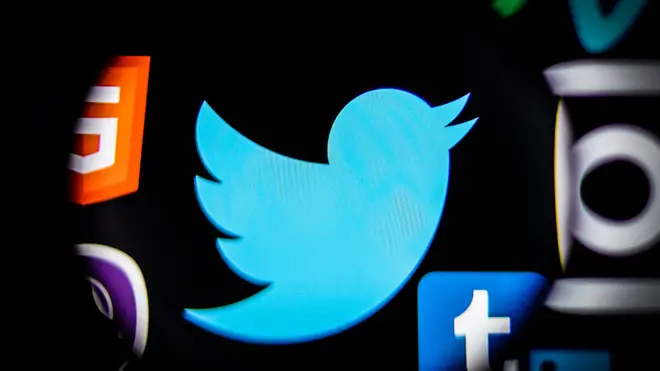
Nick Ferrari 7am - 10am
11 November 2019, 18:36

Twitter has announced that any information about voting published on its platform will be subjected to tough scrutiny ahead of the general election.
The social media giant has bolstered its efforts to block misleading information ahead of 12 December, following the company's ban on on all political adverts on the site.
In the latest attempt to improve election integrity, Twitter is launching a tool that enables users to report deliberately misleading details about the voting process.
These include deceptive instructions on how to vote, such as that people can vote via text message, or misleading statements about election dates and times.
The announcement has come amid growing concern about the spread of fake news and abuse of politicians online.
In a statement, Twitter said: "Our UK team is also offering safety and security training to all political parties and candidates, where we will walk them through tools such as mute, block and report, and various security tips and techniques such as two-factor authentication."

The new tool will run for seven days after the election, the company added.
In a blog post, the company said: “We’ll be working hard to support and protect the #GE19 conversation while bringing voters the best of real-time, reliable and relevant information on this critical election."
“Our UK team is also offering safety and security training to all political parties and candidates, where we will walk them through tools such as mute, block and report, and various security tips and techniques such as two-factor authentication."
The tool goes into action ahead of Twitter’s planned political ad ban, which will not come into force until November 22.
Twitter chief executive Jack Dorsey announced the ban late last month.
He said: “While internet advertising is incredibly powerful and very effective for commercial advertisers, that power brings significant risks to politics, where it can be used to influence votes to affect the lives of millions”.
The decision has put pressure on rival social network Facebook to follow suit after a number of misleading adverts were taken down from the platform.